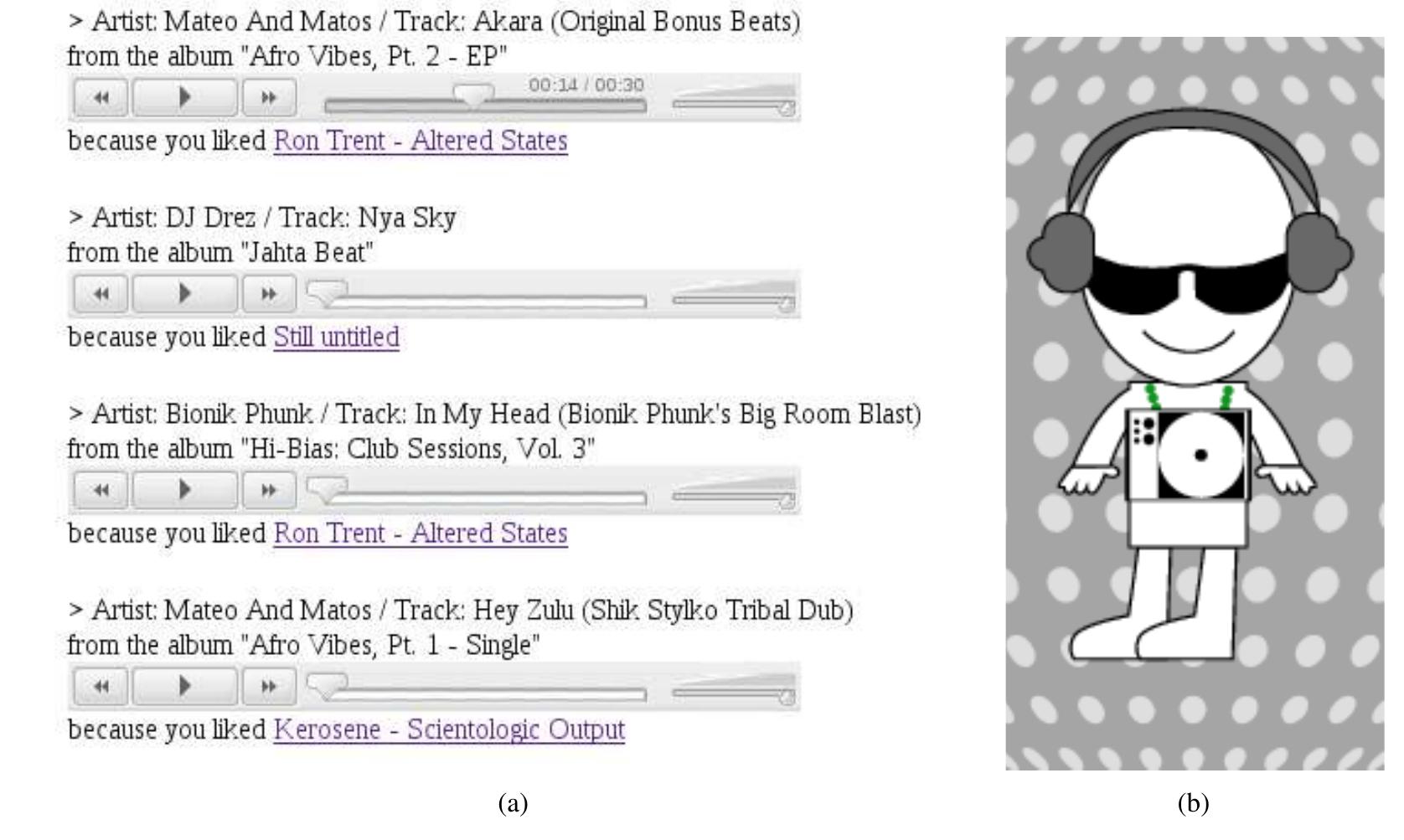Key research themes
1. How can semantic modeling improve the transparency, relevance, and applicability of clinical decision support recommendations?
This research area investigates the use of semantic techniques to enrich clinical decision support (CDS) systems by formalizing guideline recommendations, provenance, and evidence applicability. It matters for enhancing trust, reducing alert fatigue, and supporting personalized patient care by making recommendations more explainable and contextually relevant.
2. What semantic techniques can enhance content-based recommender systems to better model user preferences and deliver diverse, serendipitous recommendations?
This direction explores the use of semantic technologies, ontologies, and reasoning to shift from keyword- or syntactic-based matching to concept-based representations of items and user profiles. It aims to overcome problems like overspecialization, limited content analysis, and ambiguity inherent in textual features, thereby enabling more accurate, interpretable, and serendipitous recommendations across domains.
3. How can hybrid semantic and collaborative filtering approaches mitigate data sparsity and cold-start problems in recommendation systems?
This theme focuses on integrating semantic information from ontologies or domain knowledge with collaborative filtering (CF) to address CF’s limitations such as sparse user-item rating matrices and new user/item cold starts. Hybridization techniques aim to build richer user profiles that incorporate semantic preferences, yielding improved recommendation accuracy and coverage.



